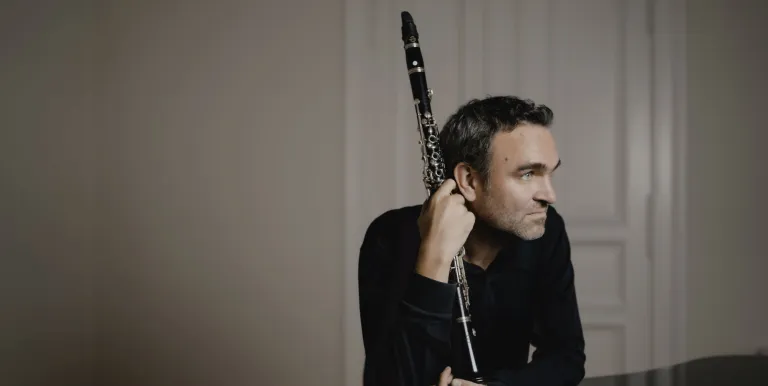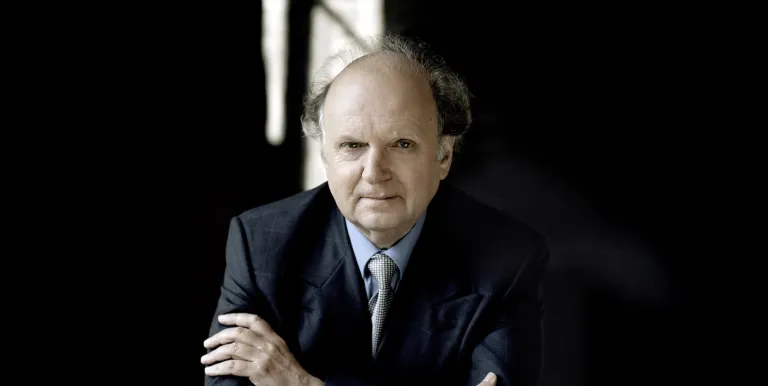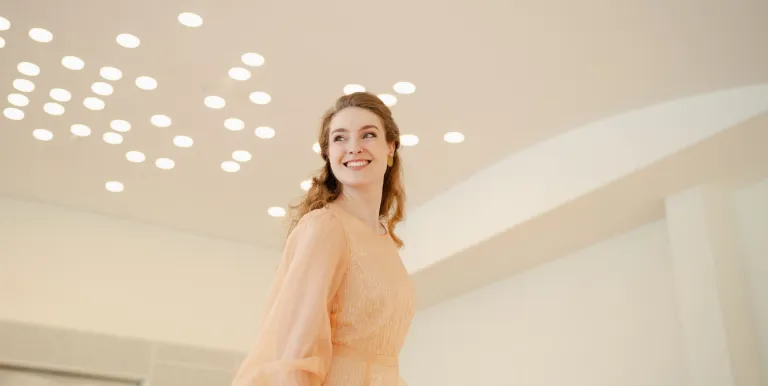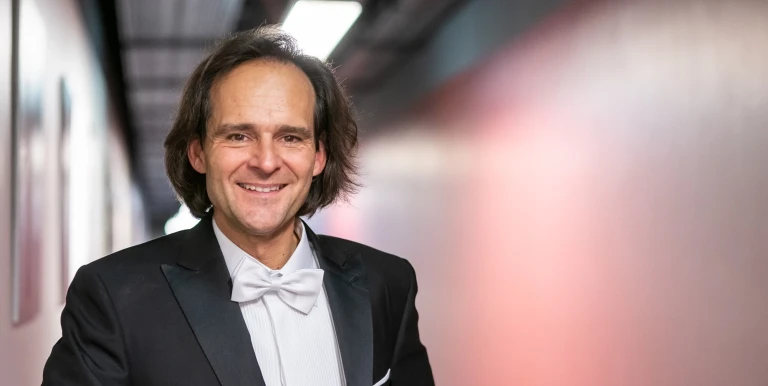one interval
Conductor:
Featuring:
Monteverdi
Scherzi musicali - selection
Bartók
Violin Concerto, Op. posth., Sz. 36, BB 48a (1907-08)
Schubert
Symphony No. 9 in C major ("The Great”), D. 944
"Frang has the knack of breathing life into every note” - wrote the critic of BBC Music Magazine about the musicianship of the Norwegian violinist. This time she is to breathe life into Bartók's score, his early Violin Concerto. To begin the colorful program, a few of the vocal works by Monteverdi, accompanied by an ensemble of instruments, will be performed. The composer reconsidered the relationship between music and words in a revolutionary way. The second part of the concert features one of Schubert's most significant orchestral works, a milestone of romanticism, the last symphony he finished.
1607 was a significant turning point in Monteverdi's life, hence in the history of music as well. His groundbreaking opera, L'Orfeo, was premiered and the first volume of Scherzi musicali was published. Written for three voice parts and instrumental continuo, the characteristic rhythms and atmosphere of the eighteen short pieces evoke the pastoral surroundings of the 5th book of Madrigals, published two years earlier. Bartók's violin concerto, composed around 1907-1908 and never published during his lifetime (which is often referred to as Violin Concerto No. I) is a confession, the musical imprint of unrequited love and the result of processing an experience. At the age of 27, the young composer sent the concerto about her to Stefi Geyer, the woman he was in love with. She was given her own five-note leitmotif or musical motto in the piece, and the two movements show her two faces. After the portrait of the idealized, celestial and inward woman, in the second movement, we can hear the cheerful, witty and amusing Stefi. The serial number of Schubert's "The Great” Symphony in C major is somewhat unclear. After his first six, the composer started working on several symphonies but finished only one of them - the work we know today as his Ninth. It lasts one hour, or as Schumann put it, it is of "heavenly length”, breaking the limits set by classic standards; musicians and the public both needed a long time to get to grips with this grandiose work of art.
Presented by: Budapest Festival Orchestra
-
We wish to inform you that in the event that Müpa Budapest's underground garage and outdoor car park are operating at full capacity, it is advisable to plan for increased waiting times when you arrive. In order to avoid this, we recommend that you depart for our events in time, so that you you can find the ideal parking spot quickly and smoothly and arrive for our performance in comfort. The Müpa Budapest underground garage gates will be operated by an automatic number plate recognition system. Parking is free of charge for visitors with tickets to any of our paid performances on that given day. The detailed parking policy of Müpa Budapest is available here.












